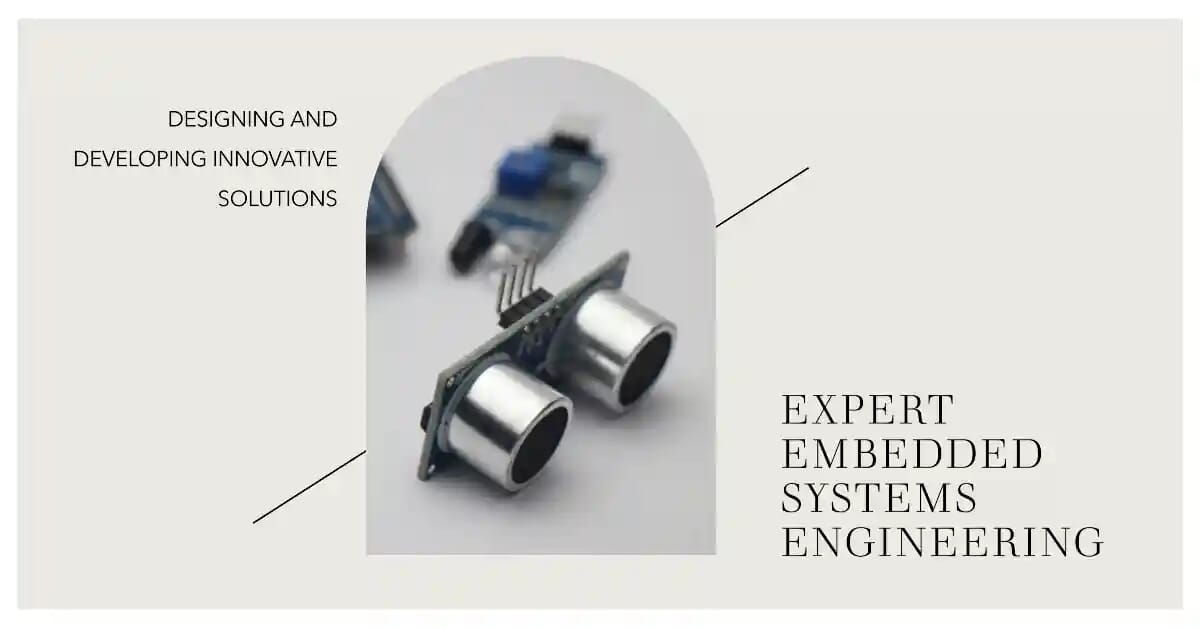An embedded systems engineer is a specialized professional who plays a crucial role in the development and implementation of embedded systems. These systems consist of a combination of hardware and software components designed to perform specific functions within a larger system. In this field, software engineering skills are of utmost importance as the engineer is responsible for designing, developing, and maintaining the software that runs on these embedded systems.

As a software engineer, an embedded systems engineer focuses on the software aspects of these systems. They work closely with hardware engineers to ensure seamless integration and functionality. They use their knowledge of software engineering principles, algorithms, and programming languages to develop efficient and reliable software solutions for the embedded systems. This includes writing code, debugging, and optimizing software to ensure optimal performance and functionality.
Furthermore, an embedded systems engineer often takes on the role of a quality assurance (QA) engineer as well. They perform rigorous testing and verification procedures to ensure that the software meets the required standards and specifications. This involves conducting unit tests, integration tests, and system tests to identify any bugs, errors, or potential issues. They work diligently to ensure the software is robust, secure, and reliable, meeting the highest quality standards.
In the realm of embedded systems, software engineers utilize their expertise to design and implement real-time operating systems (RTOS) and device drivers. They also develop middleware and application software that interacts with the hardware components, such as sensors, actuators, and microcontrollers. These software components are optimized for efficient resource utilization and low power consumption, crucial factors in embedded systems.
In addition to software development, an embedded systems engineer must possess a solid understanding of hardware components and their interactions with the software. They collaborate with hardware engineers to design and integrate the software with the underlying hardware architecture. This requires a deep understanding of hardware-software co-design principles and knowledge of hardware description languages (HDLs) such as VHDL or Verilog.
Embedded systems engineers often work on projects with specific requirements and constraints, such as real-time performance, limited resources, and safety-critical applications. They must consider factors like memory utilization, power consumption, and response time while designing and developing software solutions. Their expertise in software engineering allows them to develop efficient algorithms and optimize code to meet these demanding requirements.
The role of an embedded systems engineer extends beyond the development phase. They are involved in the entire software development lifecycle, from requirements gathering and system design to implementation, testing, and maintenance. They collaborate with cross-functional teams, including hardware engineers, system architects, and project managers, to ensure successful project delivery.
To excel as an embedded engineer, one needs a strong foundation in software engineering principles and practices. This includes proficiency in programming languages such as C, C++, or Python, as well as knowledge of software development methodologies like Agile or Scrum. Additionally, they should stay updated with the latest advancements in software engineering and embedded systems technologies.
In conclusion, an embedded systems engineer is a specialized professional who combines software engineering skills with an understanding of hardware components to develop and implement software solutions for embedded systems. Their expertise in software engineering principles, software development, and quality assurance enables them to design efficient and reliable software for real-time and resource-constrained environments. With their interdisciplinary knowledge and collaborative mindset, embedded systems engineers contribute significantly to the advancement of technology in various industries.



